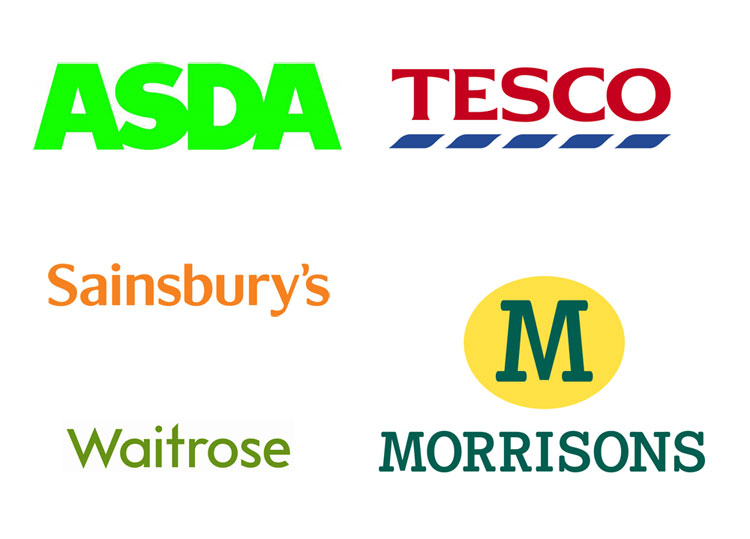We do admit we find this all rather amusing. We've all been shouted at for months now that the transatlantic trade deal (and various others under discussion) will allow such evils as tobacco companies suing if they are deprived of their intellectual property as a result of plain packaging. Thus we must reject said trade deals. And then this happens:
One such measure is the introduction of plain cigarette packaging – a policy that David Cameron’s successful spinmeister and tobacco lobbyist, Lynton Crosby, thankfully failed to block. But now the tobacco companies are fighting back, suing the government for up to £11bn on the basis that it would constitute “deprivation of a highly valuable intellectual property”.This is an absurd example of how the law values property over people. Our government is democratically elected. Yes, that rightly means there have to be checks and balances, and policies must abide by the existing framework of the law. But if the law enables tobacco companies to extort £11bn from the government – money, ironically enough, that could be used to treat people suffering from tobacco-related illnesses – then the law is wrong. If the law does not value people’s lives and wellbeing over the rights of tobacco companies to make profit from cancer sticks, then the law is morally bankrupt.
This privileging of corporate interests over democracy is only going to get worse. The Transatlantic Trade and Investment Partnership – a treaty being hammered out between the EU and the US with woefully little scrutiny – could grant companies the same legal rights as nation states, enabling them to sue elected governments in secret courts to block policies that dent future profits. And sure enough – using a similar treaty – Philip Morris sued the Australian government for the same policy. It used the same tactic against Uruguay’s government for enlarging health warnings on cigarette packages.
How it is going to get worse if these provisions are already in domestic law?
At which point we can point out the two important points here.
The first is that the law, rightly, contains provisions on such things as eminent domain, just as it contains provisions of rights to property. The government can indeed confiscate property on the grounds of greater national need. It can force you to proffer up your house for the building of a railway line. It can force you to give up your business to the government. That is, nationalisation is entirely legal under both domestic and international law. However, that right to property part also means that the government must pay full market value for that property that it is taking (and the Americans have it even more anchored in their law as "a taking").
This is of course as it should be. If the value of that railway line, that nationalisation, even that imposition of plain packaging, is sufficiently large in the national interest then there must be, from the value added by the scheme to make it sufficiently large in the national interest, enough to compensate the original values of the properties. Moving an asset from a lower to a higher valued use is the very defintion of wealth creation after all: so, if we are indeed adding that value then some can be used to compensate.
This argument also works in reverse: if there is not the value being added to compensate those original owners at that original price then the scheme is not in fact value adding. If that plot of land as a place for a house is worth £200,000, but it's only worth £20,000 as part of a railway line then that railway line is not value adding: it is value subtracting, thus something that makes us poorer.
So too with plain packaging. We've no idea whether the £11 billion is a realistic number or not: but we do insist that if plain packaging is in fact value adding then it must be possible to compensate those having their property confiscated to reach that goal. Otherwise, if the value isn't there, then the scheme itself is not value adding. If that's true, then why are we doing it?
Which is one of the values, over and above the civil liberty of secure property rights, why such a legal position is so useful. It insists that those who talk up the value of a scheme actually have to prove, by providing the cold hard cash, the value of that scheme.
The second point is about those tribunals and so on. Given that these rights already appear in UK domestic law there's nothing to fear from our signing a treaty that also includes them. It would be like our signing a treaty that insists that murder is a crime. Yes, we agree, so why not sign?
However, there are places out there not so blessed with a largely honest and largely reasonable legal system. And treaties are always reciprocal: what we agree to domestically the other side is also agreeing to in their domestic arena. So, the real value of the treaty (ies) is that it extends those rights which we have, as Britons, to those who have the unfortunate circumstance of not being Britons. And quite why this is a bad idea escapes us.















